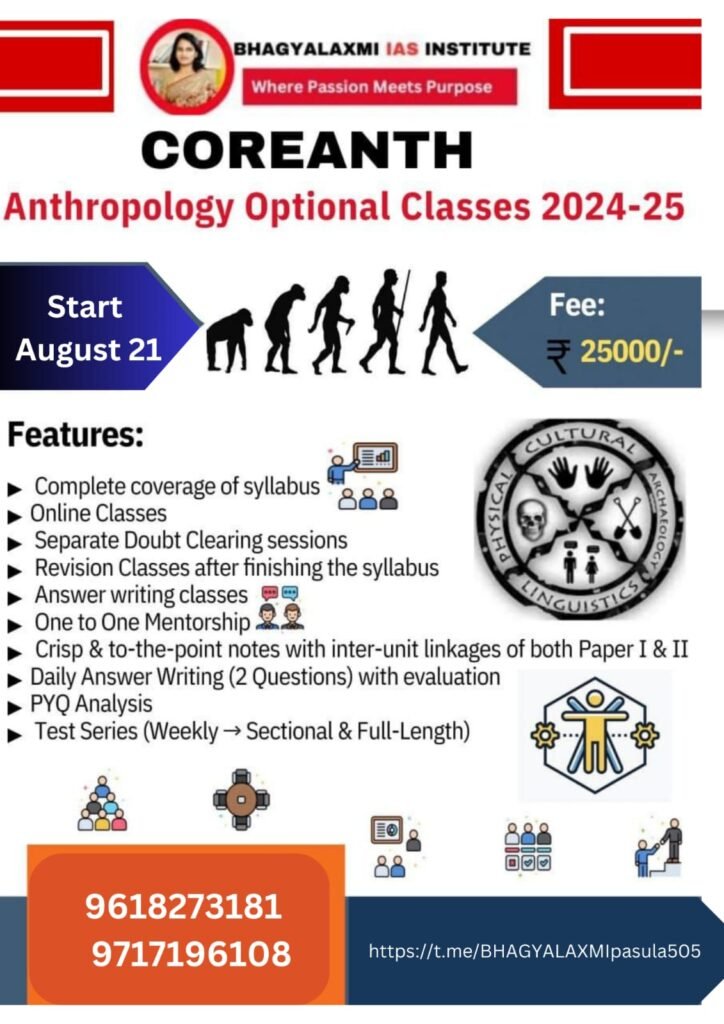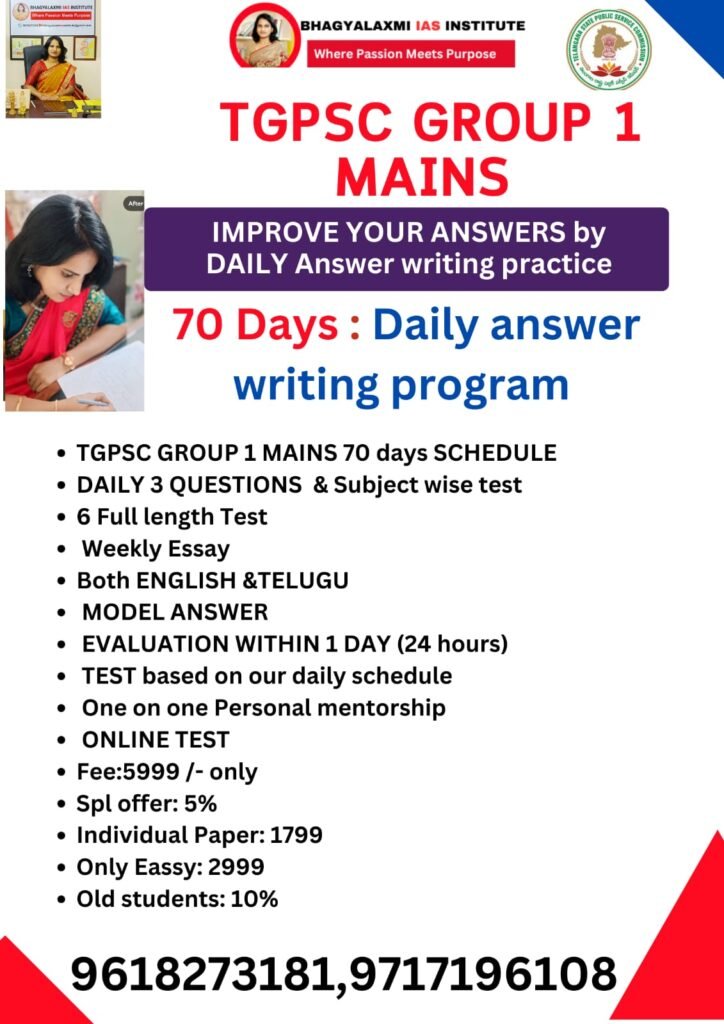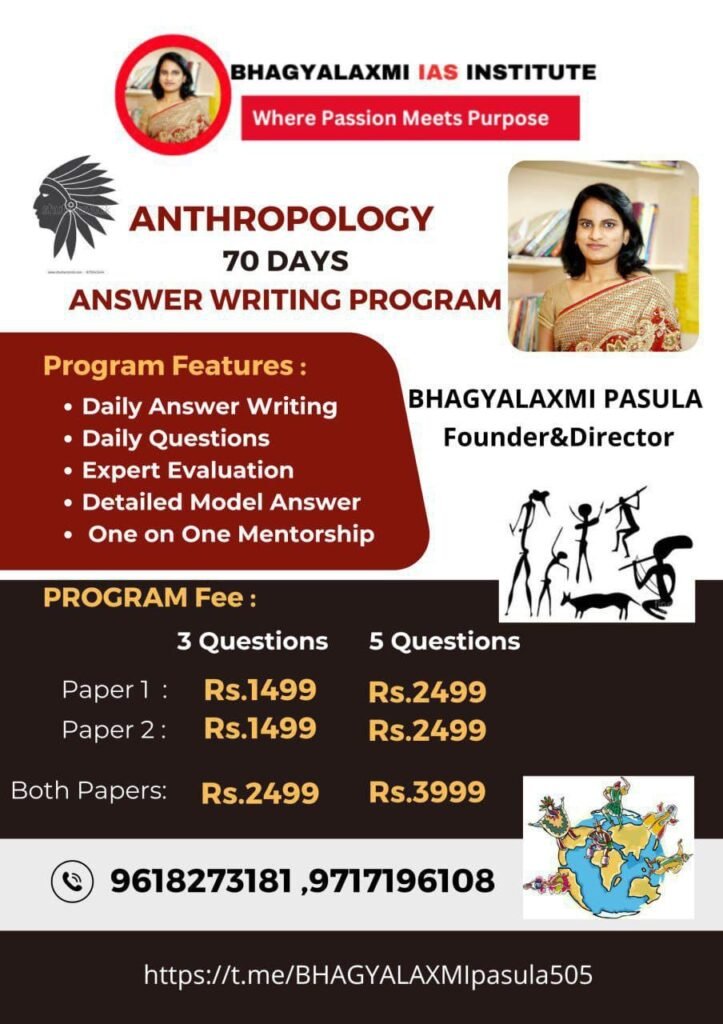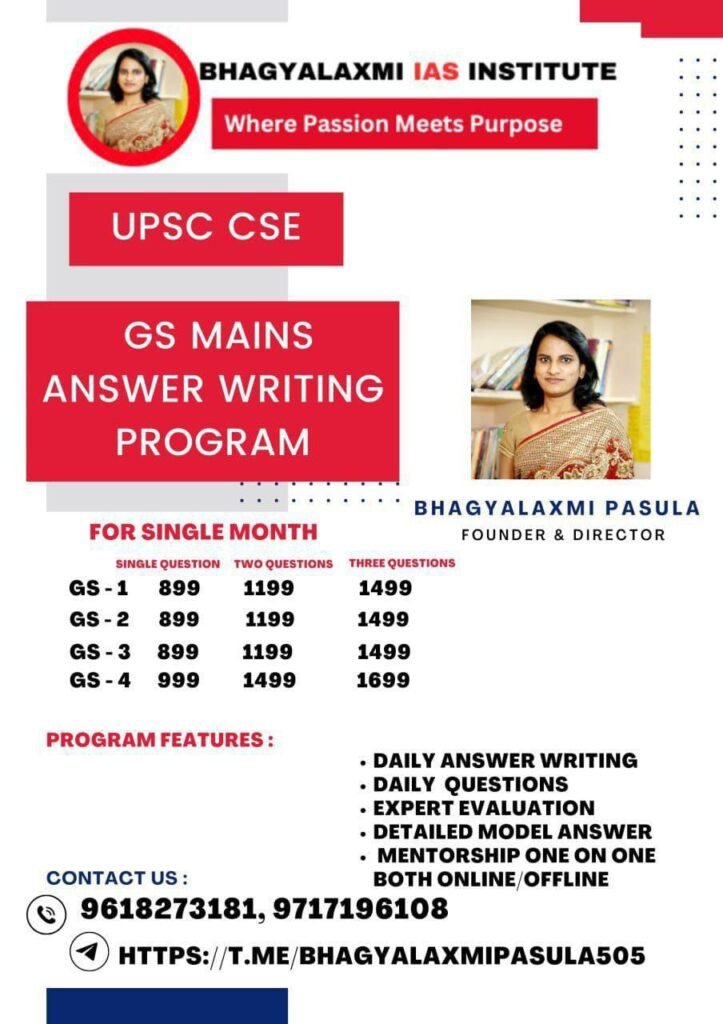UPSC BOOK LIST
Ancient History and Medieval History:
Old NCERT
- Ancient India – R S Sharma
- Medieval India – Satish Chandra
New NCERT
- Our pasts – I
- Our pasts – II
- Themes – I
- Themes – II
- New TamilNadu History Textbook – Class XI
Art & Culture
- New TN History textbook
- 6th-12th new NCERT history textbooks (this will not include 12th Fine arts textbook on painting)
- Introduction to Indian art (NCERT class 11th)
- Living Craft Traditions of India (NCERT class 12th)
- Indian Culture by Nitin Singhania
- CCRT – to supplement above sources
Modern India History
- Our past III (Both part 1 & part 2 –NCERT class VIII) www.bhagyalaxmiiasinstitute.com
- Themes in Indian History – III (NCERT Class XII)
- A brief History of Modern India – Spectrum Publication
- India’s struggle for independence – Bipin Chandra
Post-Independence India
- Politics in India since Independence, NCERT Class 12th
- India since independence – Bipin Chandra
World History
- Themes in World History: NCERT Class XI
- History of the World by Arjun Dev
- Mastering Modern World History – Norman Lowe
Indian Society
- NCERT Class XI – Sociology: Understanding Society
- NCERT Class XII – Indian Society
- NCERT Class XII – Social Change and Development in India
- Synopsis
World Geography
- Our Environment – Class VII
- The Earth Our Habitat – Class VI
- Fundamentals of Physical Geography (NCERT Class XI
- Fundamentals of Human Geography (NCERT Class XII)
- Goh Cheng Leong – Certificate Physical and Human Geography
Indian Geography
- Resource and Development – Class VIII
- Contemporary India – II – Class X
- India Physical Environment (NCERT Class XI)
- India – People and Economy (NCERT Class XII)
- Current affairs: Down to Earth Magazine
General Studies 2
Polity
- Democratic Politics – IX
- Democratic Politics, II. Class X
- Indian Constitution at Work (NCERT Class XI)
- LAXMIKANTH – Indian Polity
- Synopsis
Governance
- Any Basic standard material or Handouts (you can refer to synopsis also)
- 2nd ARC reports (selective)
- Three Year Action Agenda, 2017- 18 to 2019-20 – NITI Aayog
- Strategy for New India @ 75 – NITI Aayog
Social justice
- Any Basic standard material or Handouts (you can refer to synopsis also)
- Yojana
- Kurukshetra
- Three Year Action Agenda, 2017-18 to 2019-20 – NITI Aayog
- Strategy for New India @ 75 – NITI Aayog
International Relations
- Class 12th Political Science- Contemporary World Politics
- Challenge and Strategy: Rethinking India’s Foreign Policy by Rajiv Sikr
- Ministry of External Affairs website (Selective Reading)
- Observer Research Foundation (ORF) (Selective Reading)
- Synopsis
General Studies 3
Economy
- Economics – NCERT Class IX
- Understanding Economic Development (NCERT Class 10th)
- Indian Economic Development (NCERT Class XI)
- Introductory Macroeconomics (NCERT Class XII)
- RAMESH SINGH –Indian Economy
Ecology & Environment
- 12th Biology NCERT- Chapter No 13,14,15,16
- 11th Chemistry NCERT – Chapter No 14
- Geography NCERTs – Natural Vegetation and Wildlife Chapters from Std 8-11
- ICSE Environment Education Std 10(Especially for Mains)
Science and technology
- Class VI to ClassX
- Class XI – Chemistry: Unit 14
- Class XI – Biology: Units 4 & 5
- Class XII – Chemistry: Unit 16
- Class XII – Biology: Units 8, 9 & 10
- Current affairs: The Hindu S&T Section
Agriculture
- Any Basic standard material or Handouts (you can refer to Synopsis also)
- Yojana & Kurukshetra (Selective Reading)
- Down to Earth (Selective Reading)
Disaster and disaster management
- Any Basic standard material or Handouts (you can refer to Synopsis also)
- NDMA guidelines (Selective Reading)
Internal security
- Any Basic standard material or Handouts (you can refer to Synopsis also)
- Challenges to Internal Security of India by Ashok Kumar IPS
- IDSA Website (Selective Reading)
- Ministry of Home Affairs Website (Selective Reading)
General Studies 4
Ethics
- Any standard book like (A Practical Approach to Ethics Integrity and Aptitude By D.K Balaji Or Lexicon for Ethics, Integrity & Aptitude)
- 2nd ARC Reports (Selective Reading)
- Newspaper for contemporary examples
ESSAY
- Writing a strong essay for the UPSC Mains Exam requires attention to key elements. Here's what you should focus on:
- Diversity of Content: Include a variety of perspectives, examples, and arguments to demonstrate a comprehensive understanding of the topic. This showcases your analytical skills and depth of knowledge.
- Focus on the Topic: Keep your essay centered around the main theme of the chosen topic. This ensures coherence and clarity in your argument, making your essay more impactful and persuasive.
- Clarity, Depth, and Language: Use clear and concise language to express your ideas. Maintain a formal tone and provide a thorough analysis supported by relevant examples, data, and arguments. This demonstrates your ability to critically engage with the topic.
- Providing Evidence: Support your arguments with evidence, such as quotes, statistics, or case studies. This adds credibility to your essay and helps avoid superficial treatment of the subject.
- By paying attention to these points, you can craft a well-structured and compelling essay that effectively communicates your ideas and demonstrates your analytical abilities to the examiner.






